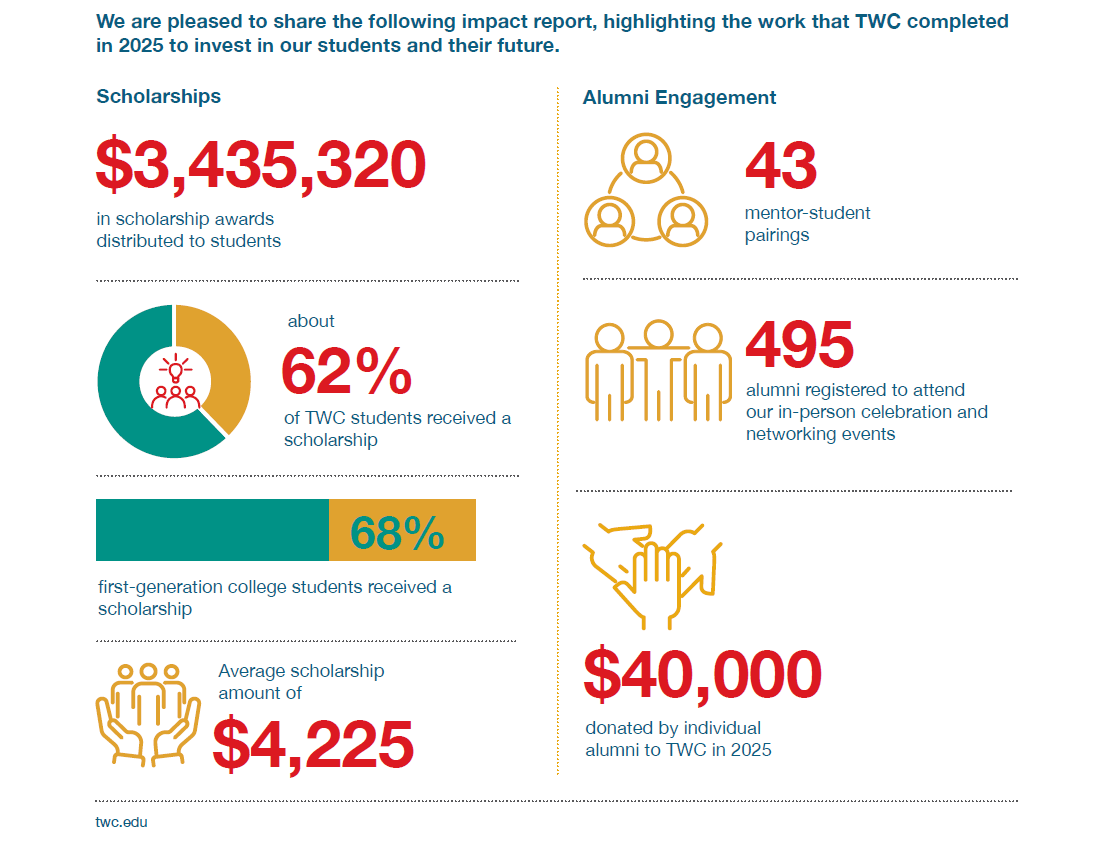
As the largest and most established academic internship program in the U.S., we work with thousands of students to navigate their internship journey, make informed decisions and maximize the opportunities available to them.
Through our work, we often see students make critical mistakes when evaluating internships, especially when it comes to compensation. While financial support is important, an internship’s long-term value often depends on factors like skills gained, mentorship and alignment with your career goals.
To help you avoid these pitfalls, we've created an Internship Evaluation Matrix. This tool will help you compare internship options, weigh key criteria and make a choice that aligns with your goals.
Here are the top five mistakes students make when evaluating internships:
1. Focusing Only on the Highest Paid Opportunity
It’s easy to get caught up in chasing the highest-paying internships, but narrowing your search too much can severely limit your options. Often, highly competitive roles with top compensation may not align with your goals, skills or long-term aspirations. For example, other applicants may already have two or three relevant internships. If this is your first internship, focus on gaining the experience you need to become a stronger candidate.
At the same time, we recognize that 40% of internships in the U.S. are unpaid, which can be a non-starter for some students who can’t afford to work without compensation. These financial realities are valid and should be part of your decision-making process.
What to do instead: Assess your financial situation and determine what trade-offs you're willing or able to make. If pay is a priority, you may need to adjust expectations on role type, work or organization. But also remember: the best internship isn’t always the highest-paying one—it’s the one that helps launch your career.
2. Declining Good Opportunities While Waiting for “Something Better”
Turning down solid internship offers while waiting for a "dream role" with higher pay or assuming you will receive multiple offers at the same time and can wait is a common mistake we see students making. Unfortunately, this strategy often backfires. Many students realize too late that they’ve passed up excellent opportunities and end up with no internship at all.
This is especially risky given the competitive landscape: in 2023, 8.2 million students were looking for internships, but only 3.6 million secured one. That means more than 4.5 million students missed out entirely because today, internship demand surpasses internship supply.
What to do instead: Evaluate the offer holistically. If an internship aligns with your career path and offers meaningful experience or professional growth, don’t let the perfect be the enemy of the good.
3. Overlooking the Value of Non-Monetary Compensation
Not all internships provide hourly pay or stipends, but many offer valuable support that can make the experience more affordable, strengthen your resume and expand your network. These can include:
- Transportation or meal reimbursements
- Professional training or certifications
- Mentorship and networking opportunities
- Hands-on experience that builds marketable skills
Students who dismiss lower-paid or unpaid internships without weighing the full picture may miss out on experiences that help them stand out in a competitive job market.
What to do instead: Use the Internship Evaluation Matrix to assess the total value of an offer—not just the paycheck. Ask: Will I grow? Will I learn? Will this open doors?
4. Failing to Align the Internship with Career Goals
While compensation matters, choosing a high-paying internship that doesn’t align with your long-term aspirations can leave you feeling unfulfilled, and won’t necessarily help you land your next opportunity.
What to do instead: Identify your long-term goals and prioritize internships that offer relevant experience in your field of interest. Sometimes, a modestly paid or unpaid internship that supports your trajectory, if you can afford it, is a better investment than one that just boosts your bank account.
5. Underestimating the Competition
Some students assume they can wait to decide or "shop around" for a better offer. But internships, especially high-quality ones, are increasingly competitive.
With thousands of students vying for a limited number of spots, delaying your decision can lead to missed opportunities.
What to do instead: Treat your internship search like a job hunt: assess how competitive you are, be proactive, timely and strategic. If an opportunity checks key boxes such as relevant experience, good mentorship and manageable logistics, act on it.
Final Thought: Balance is Key
We get it. Internships can’t be one-size-fits-all. Some students need paid internships to cover costs. Others may have flexibility to choose roles that offer long-term returns in the form of connections, skills or academic credit. Both scenarios are valid.
The goal is to be informed, realistic, and open to trade-offs. The most valuable internships tend to:
- Align with your career goals
- Provide meaningful skills and experience
- Offer access to mentorship and professional networks
- Help you become more competitive for future jobs
Finding an internship that meets these criteria—even if it doesn’t check every box—can be the opportunity that launches your career.
Bonus Resource: Internship Evaluation Matrix
Before submitting applications, use our Internship Evaluation Matrix to:
- Compare offers based on compensation, experience, skills and mentorship
- Clarify what matters most to you
- Make trade-offs that support your long-term goals
At The Washington Center, we know launching a career takes more than just securing a spot. Our Academic Internship Program combines career advising, hands-on experience, professional development and access to a dynamic network of driven peers and professionals in Washington, D.C.—a city where ideas turn into action.
You’ll return to campus with clarity, momentum and the tools to thrive after graduation.
If you found this article helpful, sign up to receive more career resources and expert advice straight to your inbox.
About the Author
Follow on Twitter Visit Website More Content by The Washington Center






















